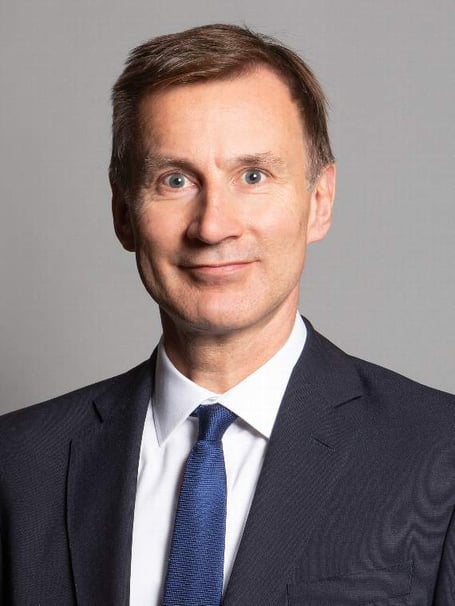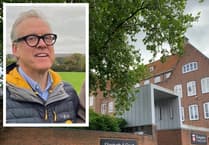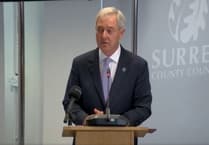AS THOUGHTS turn from Covid preparedness to what the ‘new normal’ will look like for the NHS, the Health Select Committee, which I chair, has received some sobering evidence.
According to experts, waiting lists could rise to ten million people by September, more than double the level at the start of the pandemic.
We may have to wait twice as long for routine surgery, according to the Royal College of Surgeons. Even worse, it could take years to clear the backlog because hospitals say the new requirements on social distancing and protective equipment mean they can operate at only 60 per cent of capacity.
This week we heard from a patient from Bracknell who was booked to have his knee replaced in April. He is suffering such pain that he had to take early retirement. Perhaps unsurprisingly, the operation was cancelled – but he has now been told there is ‘zero chance’ of him having it this year.
We also heard from a lady from Sevenoaks whose chemotherapy was stopped. It has now restarted – but there are 6,000 fewer people in chemotherapy than would be expected and one witness told the committee 20,000 cancers had so far been missed.
The Royal Surrey is a big cancer centre and I know from many conversations this is a big worry for people like chief executive Louise Stead.
The biggest priority, as we start to lift the lockdown, will be to resume as many services as possible. But some things will never go back to how they were – not least because we have learned many lessons.
GPs and patients have both got used to doing a large number of video consultations – and while these do not necessarily save time for a doctor, they can be a godsend for people who find travel difficult. These are likely to continue.
One of the biggest questions is whether it will be safe to go back to the old A&E model which often meant crowded waiting rooms. These are obviously dangerous breeding grounds for respiratory infections.
Dr Katherine Henderson, president of the Royal College of Emergency Medicine, said: “Going back to how we used to operate is not an option – patients will die if we do.”
It seems likely we will move to an appointment system for A&Es where people ‘call before you walk’ or book online – just as happens in some Scandinavian countries.
Locally, the challenges we faced have not gone away – access to mental health for young people, getting in front of a GP quickly, speeding up cancer detection and treatment, among others.
In Haslemere I secured the health secretary’s commitment not to close the Minor Injuries Unit last year but we still need to know what the long-term plans are for this vital facility.
In Farnham I hope we do not turn the clock back on the appalling pollution levels which have thankfully come down dramatically during lockdown – an unexpected silver lining.
I know the Farnham Project Board, led by Surrey leader Tim Oliver, is looking at how we can keep pollution levels permanently down as we explore exciting plans to transform the town centre.
Part of my job has always been to campaign for the local health services we need. So I would like to hear from you as to what your priorities are as we restart NHS services.
I have set up a short survey on my website so please log on to jeremyhunt.org/news/local-health-priorities and tell me your views. I will report back what you say in this column.
In the meantime, please continue to do everything you can to stay safe. We are still seeing more than 4,500 new coronavirus infections daily across the country, so even though we are making progress, the battle is far from won.

.jpeg?width=209&height=140&crop=209:145,smart&quality=75)



Comments
This article has no comments yet. Be the first to leave a comment.